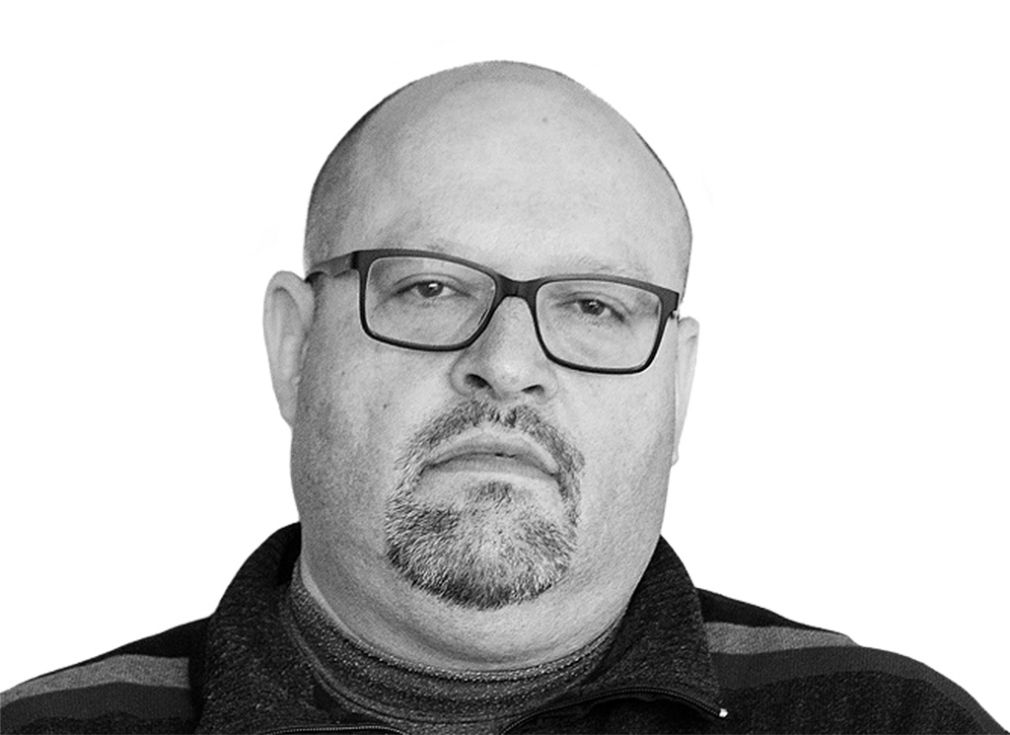By: Dr. Matevž Tomšič
One of the most troubling news from the beginning of 2021 was that social networks such as Facebook and Twitter have started deleting accounts and thus removing their users. It is, of course, about the former US President Trump and a number of his supporters who have been – permanently – expelled on the grounds that their writings endanger public safety. This relates to their alleged role in promoting the protests in Washington, which culminated in the intrusion of a crowd of Trump supporters into the US Congress building. All in the name of defending the existing order. And with it, the defence of democracy and its values.
However, such a justification for introducing a kind of online ostracism is – to put it mildly – hypocritical. We know who is active on social networks. Here we can find various autocrats and authoritarians from the Third World, such as Iranian religious leaders, who in their messages openly threaten their opponents, even with physical destruction, and this obviously does not bother those responsible in these corporations. Thus, doubts about the political motivation of their actions cannot be avoided.
Even more controversial is the decision of the other two high-tech giants, Google and Apple, to remove the Parler app from their online stores. Namely, Parler is a kind of “alternative” social network, that mostly gathers people who defend right wing views and values. And this is about an explicit ideologically motivated “cleansing” of public space, that is, the removal of those who do not fall into the context of the “liberal” mainstream. So we are dealing with an act that is dangerously reminiscent of what George Orwell described in his famous 1984 dystopian novel.
We can argue that this move by the technology giants poses a greater threat to freedom and consequently to democracy than anything Donald Trump has done in the four years of his presidency of the world’s most powerful country. And we know what his opponents and the pro-media (who already make up the vast majority of the media space) have accused him of. During his tenure, critics of “Trumpism” had every freedom to publicly disseminate their ideas and views. We will see whether critics of the current American president will have such freedom as well.
Many, especially those on the left, respond cynically to such actions, that social networks are managed by private companies, which as such have the right to act at their own discretion. That is, they can eliminate whoever they want. In doing so, there is a very big delusion. In every country where the economy is based on private property and market principles, there are hundreds of legal articles that determine how owners are allowed and how they are not allowed to act. And years ago it was leftists who kicked up a horrible stink when some American pastry chef did not want to bake a wedding cake for a same-sex couple. The case even ended before the Supreme Court. Although from the point of view of freedom, the matter was less controversial, as the couple had many other confectionery service providers at their disposal. In the field of online social networks, however, we are dealing with a cartel of high-tech giants (i.e. Big Tech), which excludes others and which, as such, actually works contrary to the principles of the free market.
Therefore, state regulation in this area is necessary, just as it is necessary to constantly ensure compliance with the protection of competition. Freedom of expression can in no way be left to high-tech oligarchs. These prove that they are very inclined to do political favours. And the coupling of these corporations with the work of politics is one of the greatest threats to Western democracy at this time.
Matevž Tomšič is a sociologist, university lecturer and publicist. Since 2008 he has been teaching and researching at the Faculty of Applied Social Studies in Nova Gorica. In addition, he is also engaged at the Faculty of Information Studies in Novo mesto and at the Faculty of Media in Ljubljana. He is also a collaborator of the Study Center for National Reconciliation and president of the Association of Journalists and Publicists.
